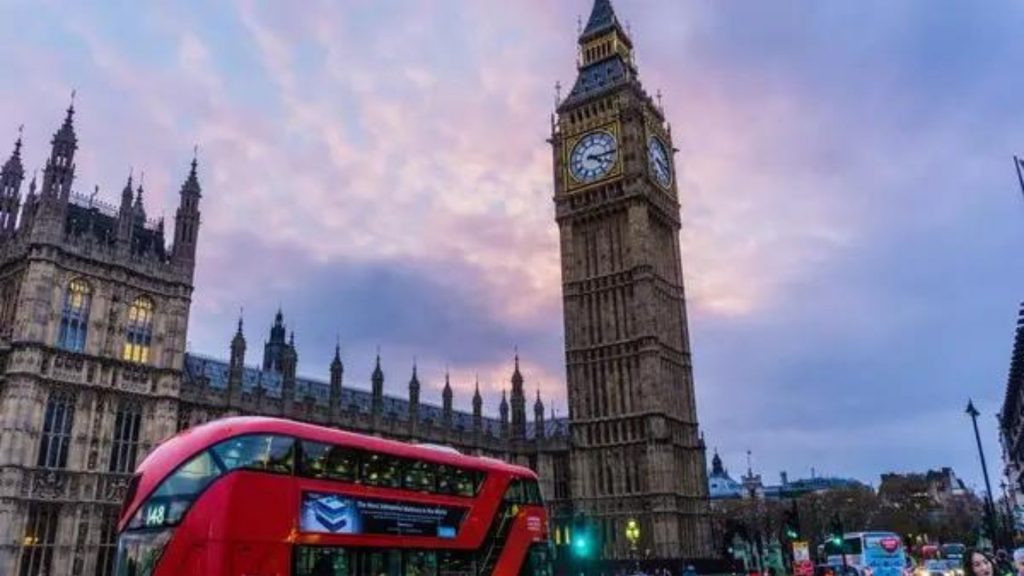The UK bribery act. The United Kingdom ratified the OECD Convention on Combating Bribery of Foreign Public Officials in International Business Transactions (Anti-Bribery Convention) on 14 December 1998. Since that time, the UK has criminalized the bribery of foreign public officials principally by relying on the Prevention of Corruption Act 1906, the Public Bodies Corrupt Practices Act 1889, and the common law bribery offense.
UK Bribery Act: United Kingdom Overview
Until a 2001 amendment, none of these offenses expressly referred to bribery of foreign public officials. Corporate liability for foreign bribery was available under the common law. Efforts to reform the UK’s patchwork of bribery offenses date back over many years. In the most recent Phase 2, the Working Group recommended that the UK enact effective and modern foreign bribery legislation by the Convention at the earliest possible date and as a matter of high priority. It also recommended that the UK adopt appropriate legislation to achieve the effective corporate obligation for foreign bribery.
The UK enacted the Bribery Act 2010, which revamped the UK’s legislative scheme of bribery incidents. The Act cover bribery of domestic and foreign public officials and persons in the private sector. Corporate liability would continue to be governed by the identification theory. In addition, the Act established a new offense of failure of commercial organizations to prevent bribery. It establishes an offense against senior officers of a body corporate or partnership, where the body corporate or partnership commits a bribery offense under the UK Bribery Act with the consent or connivance of the senior officer.
Section 6 of the UK Bribery Act creates an intentional foreign bribery offense. The offense applies to a person who intends to influence a foreign public official and who intends to obtain or retain a business or an advantage in the conduct of business.
Section 1 of the UK Bribery Act also creates an intentional offense. The offense applies to a person who offers, promises, or gives the advantage to induce or reward the improper performance of a relevant function or activity. It also applies to a person who knows or believes that the acceptance of an advantage would constitute the improper performance of a relevant function or activity.
Section 6(5) of the UK Bribery Act defines a foreign public official as a person who:
(a) Holds a legislative, administrative or judicial position of any kind, whether appointed or elected, of a country or territory outside the United Kingdom (or any subdivision of such a country or territory);
(b) Exercises a public function, whether for or on behalf of a country or territory outside the United Kingdom (or any subdivision of such a country or territory), or for any public agency or public enterprise of that country or territory (or subdivision); or
(c) Is an official or agent of a public international organization.
Understanding The Bribery Act
The UK Bribery Act is not limited to the bribery of public officials. The offense applies to the giving, offer, or promise of an advantage to any person who performs a relevant function or activity. A relevant function or activity includes any function of a public nature; any activity connected with a business; any activity performed in the course of a person’s employment; and any activity performed by or on behalf of a body of persons (whether corporate or unincorporated).
The person in question must also either be expected to perform the relevant function or activity in good faith or impartially or be in a position of trust by performing it. A relevant function or activity need not have any connection with the UK and may be performed outside the UK. As per the act, a public international organization is an organization whose members are countries or territories; governments of countries or territories; other public international organizations; or a mixture of any of these entities.
The Working Group decided to evaluate the practices to determine the Bribery Act’s impact on the UK’s implementation of the Anti-Bribery Convention. The Working Group’s decision is consistent with its established practice in cases where legislative developments in its member countries could significantly affect the Convention’s implementation. The evaluation focused on the offense of the Bribery Act and the corporate offense of failure to prevent bribery. The general bribery offense may also apply to foreign bribery in certain circumstances.
The UK Bribery Act expressly covers the offer, promise, or gift of a bribe to a foreign public official or another person at the officials’ request or with the official’s assent or acquiescence. It also covers bribes given to a third party. Accordingly, the UK authorities state that it would cover third parties such as political parties, charities, non-profit organizations, associations, partnerships, and all types of legal persons. The UK Bribery Act requires to adopt measures which are necessary to establish that complicity in, including incitement, aiding and abetting, or authorization of an act of bribery of a foreign public official shall be considered as a criminal offense.
Final Thoughts
The intent of an individual or company paying a bribe is not required to be established under the UK Bribery Act. Instead, it is necessary for an individual or a company to pay a bribe in order to gain an advantage while conducting business.
While the FCPA allows for facilitation payments to “facilitate or expedite routine governmental action” as long as they are properly documented in the company’s records, the U.K. The UK Bribery Act makes no such concession. Instead, the UK’s Serious Fraud Office notes in Bribery Act guidance that a “facilitation payment is a type of bribe and should be treated as such.”

